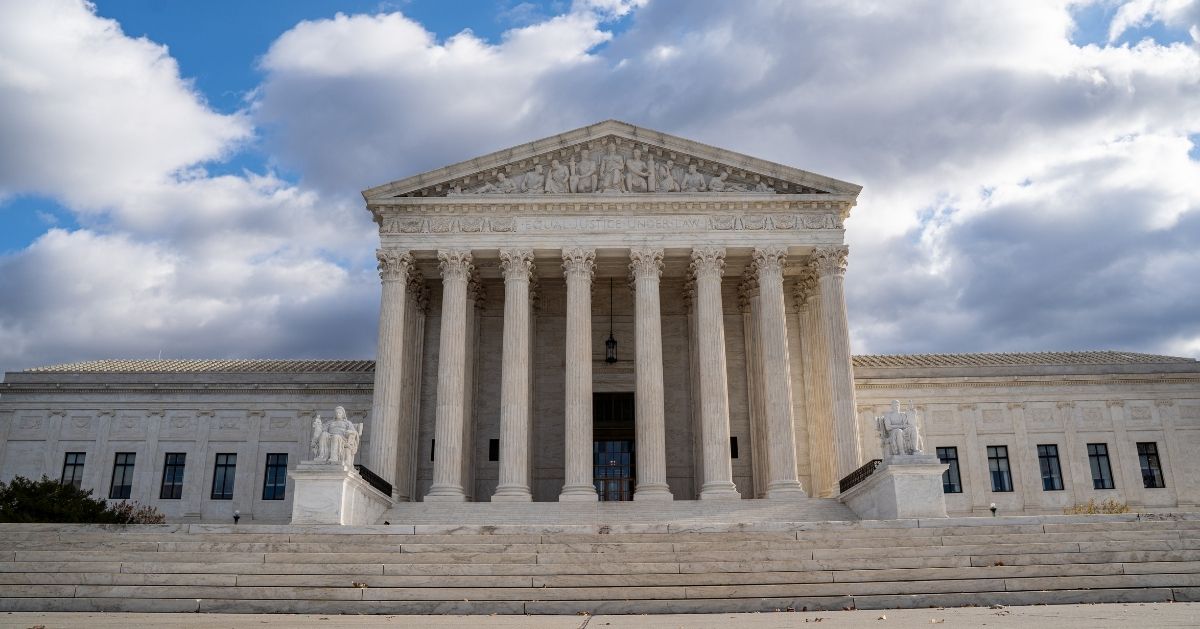A Glimpse Into Mary Anne MacLeod's Early Life
Donald Trump’s mother emigrated from the Hebridean island of Lewis, Scotland, to New York at the tender age of 18 in 1930. She initially worked as a domestic servant before marrying Frederick Trump, a successful real estate developer and son of German immigrants, in 1936. This blend of Scottish and German heritage in Trump's family background provides a multicultural perspective to his lineage.
Mary Anne MacLeod's life in America started in humble circumstances, eventually transitioning into the role of a housewife in a wealthy developer's household. According to her son's accounts in his books, she embodied much of the traditional values typical of that era while also exhibiting a flair for grandeur and drama.
Swinton's Interest in Trump's Maternal Influence
Swinton discusses her interest in understanding how such a background could influence a person like Donald Trump, particularly in light of her anti-conservative views. As an active participant in political debates, especially known for her activism in 1980s England against conservative policies, Swinton brings a unique angle to her proposed dialogue with Trump.
During her interview, Swinton recalled the majesty and dignity she perceived in Mary Anne MacLeod, highlighting an entire day spent watching Queen Elizabeth’s coronation, which starkly contrasted with her husband's more grounded and pragmatic nature.
Connecting Personal History to Political Beliefs
Swinton's approach to Trump is shaped by her theory on the personal origin of political beliefs. A study by the Pew Research Center supports her theory, suggesting a strong correlation between the political and religious beliefs of parents and their children. This reinforces Swinton's curiosity about the role Mary Anne MacLeod may have played in shaping Trump's perspectives, particularly his "showmanship" gene and religious values as claimed in his writings.
Swinton expressed, "I can tell you, and he may even read this if I ever met your incoming president, there is something I would love to talk to him about, which is having a Scottish mother." This personal connection to Scotland could serve as a bridge in their conversation, attempting an understanding of Trump’s political maneuvers through a familial lens.
Exploration of Traditional Family Dynamics
Donald Trump describes in 'Trump: The Art of the Deal' a very traditional family dynamic, with his father as the breadwinner and his mother as the perfect housewife, contributing to his formative years' environment. "My mother was the perfect housewife," said Trump, hinting at the significant impact of her personality on his upbringing.
"She always had a flair for the dramatic and the grand. She was a very traditional housewife, but she also had a sense of the world beyond her," Trump added, reflecting on the qualities he admired in his mother. Her diverse character traits likely contributed to Trump's complex personality and his approach to both business and politics.
Swinton's Reflections on Modern Politics
Swinton’s reflections on Trump’s heritage intertwine with her broader concerns about the "rise of the meanness of right-wing politics" in recent years. She suggested that "the purveyors of that meanness were once vulnerable little children," hinting at a deeper psychological exploration of political figures.
Her focus is not just on understanding these political shifts but on engaging with them in a manner that brings personal histories into the discussion, potentially offering new insights into the motivations behind public policies and statements.
Impact of Personal Histories on Public Life
As the political landscape continues to evolve, the personal histories and backgrounds of political leaders remain a topic of significant interest and discussion. Swinton’s desire to discuss these aspects with Donald Trump highlights a crucial aspect of political dialogue that often remains unexplored.
This conversation, if it were to happen, could provide a unique perspective on how personal and cultural histories shape the policies and decisions of world leaders, offering deeper insights into their public personas and political strategies.

